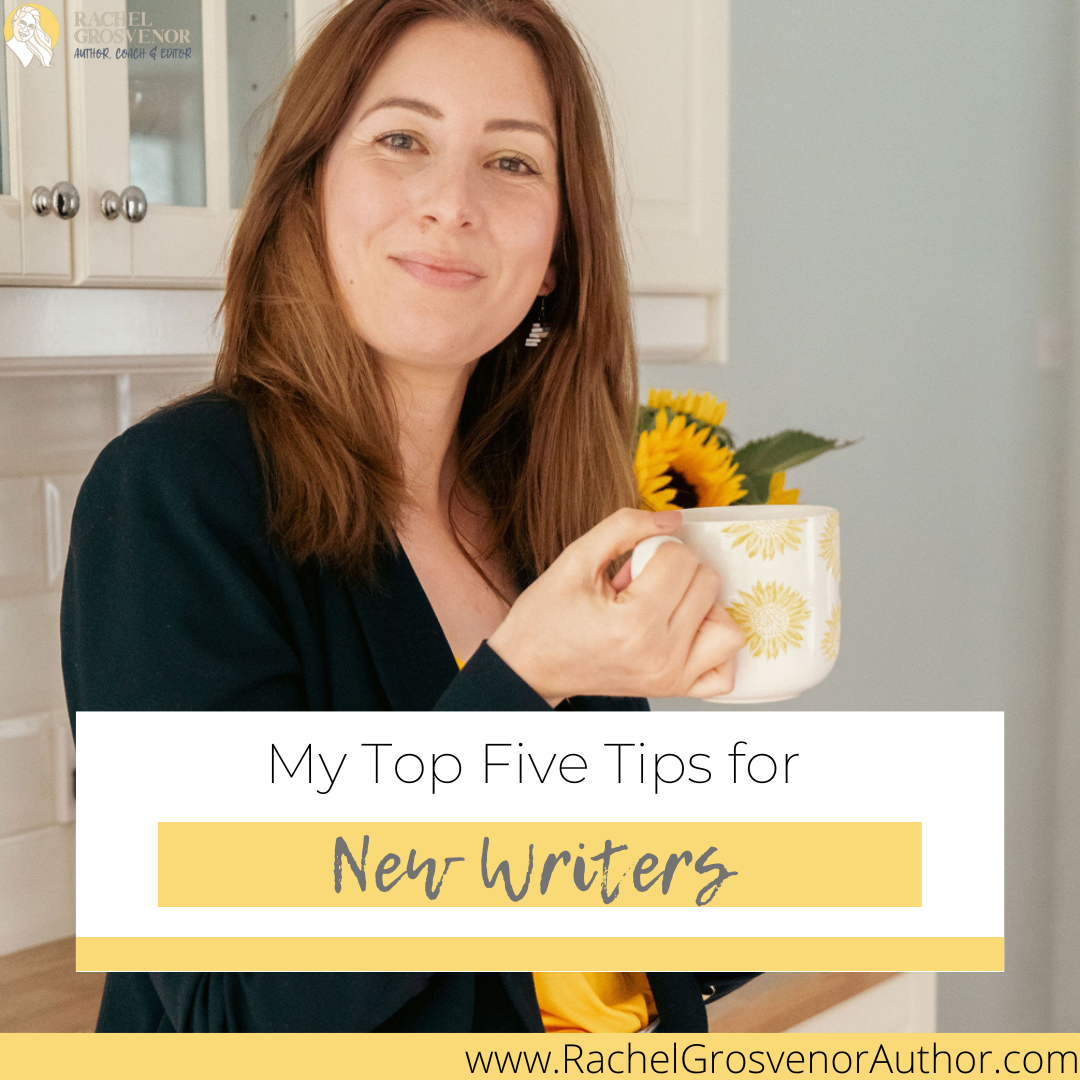Do you feel that the older you get, the more likely you are to take up arms and wage war against the orcs? I hear you. Female characters over the age of forty are not always common in fiction, and yet, in my experience, they have a unique and resilient perspective. Let’s celebrate some of the best female characters over forty in fantasy, to whet your appetite for rebellion and celebrate International Women’s Day 2024!
1: Galadriel – The Lord of the Rings by J.R.R. Tolkien
If we’re talking about female characters over forty, let’s start with one who is thousands of years old. A wise and powerful elf with a magical insight and a dark side that compels you to read on…I’d be on Galadriel’s team any day.
2: Catelyn Stark – A Song of Ice and Fire by George R.R. Martin
All right, I hear you, in the books she is below forty years old, but they upped her age for the show, so she does belong on this list. She is represented as a fierce protector of her family, a gentle and strong matriarch, a woman who doesn’t deny her pain and speaks her mind.
3: Granny Weatherwax – Discworld series by Terry Pratchett
One of my favourite characters on the disc has to be Granny Weatherwax, a formidable witch with a strong belief in her powers. She has a no-nonsense attitude but demonstrates her love for others in her own way, shaking off her intended ‘wicked witch’ title.
4: Morwen – Dealing with Dragons by Patricia C. Wrede
Another witch who won’t take any nonsense from anyone, this time flanked by a significant number of cats. YA is not just for kids (trust me, it’s okay. You don’t have to read it on your Kindle), and Morwen is an excellent example of a self-assured and powerful woman over the age of forty.
5: Moiraine Damodred – The Wheel of Time series by Robert Jordan
An Aes Sedai (servant of all), talented in healing and channelling the ‘One Power’. If you haven’t read the books, that probably doesn’t make much sense to you, but know this: Moiraine is both thoughtful and manipulative, a complex woman with a calm demeanour. That’s who I would want on my team.
6: Aunt Pol – The Belgariad series by David Eddings
Aunt Pol (Polgara) is an immortal sorceress, which is a pretty good job to have bestowed on you from birth. She is also one of the most feared and powerful women in the world, so if I didn’t put her on this list, it would be an injustice.
7: Professor Wendowleen Cripcot – The Finery by Rachel Grosvenor
A retired professor nearing 101, Professor Cripcot is ready to take down a totalitarian government with her pet wolf by her side. There’s no messing about when it comes to Professor Cripcot—she says what’s on her mind and will stop at nothing to fight for her rights.
8: Queen Talyien – The Wolf of Oren-Yaro by K.S. Villoso
It’s not easy being queen, and Talyien demonstrates her struggles and wins, navigating the difficult situations she faces in her complex political world. In short, she’s doing her best to protect her people, but sometimes that’s just not enough. As a side note, this series is called ‘The Chronicles of the Bitch Queen’. That’s enough to drive me to read it, anyway.
9: Kelsea Glynn – The Queen of the Tearling by Erika Johanse
Though she ascends the throne at nineteen, inheriting a broken kingdom, the reader watches her grow in age and strength until she proves herself to be a far more capable monarch than expected. Kelsea is a legend in the making.
10: Irene Adler – The Invisible Library series by Genevieve Cogma
A name you might recognise if you’re a fan of Sherlock Holmes, Irene is a spy and librarian for a magical and multi-dimensional library. In terms of cool jobs, a spy-come-librarian might even beat an immortal sorceress.
Do you want to write something magical featuring a strong female character? Stick around the blog, there’s lots to see!











